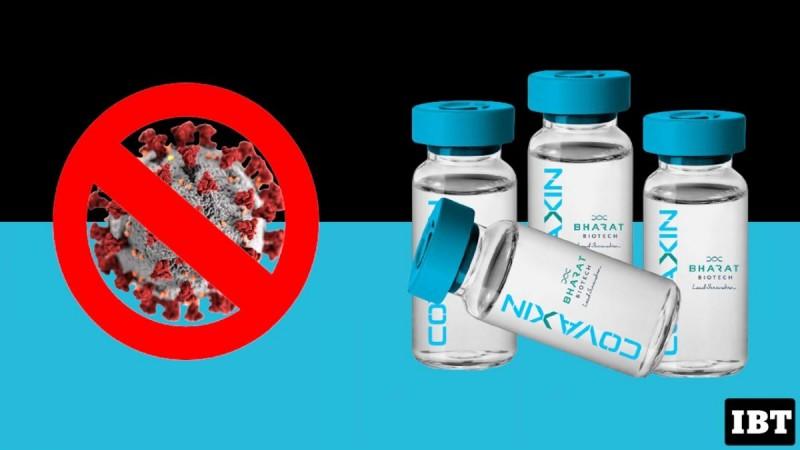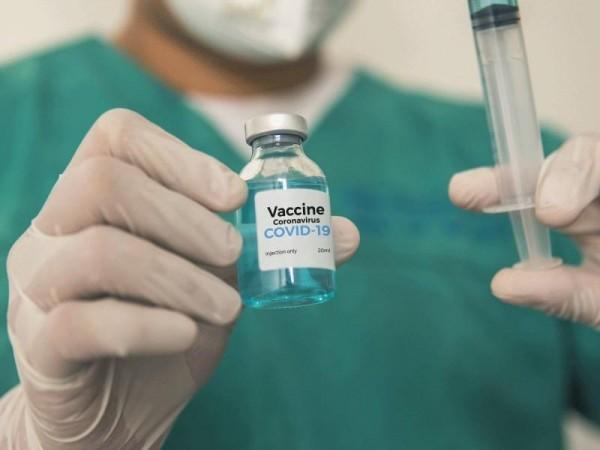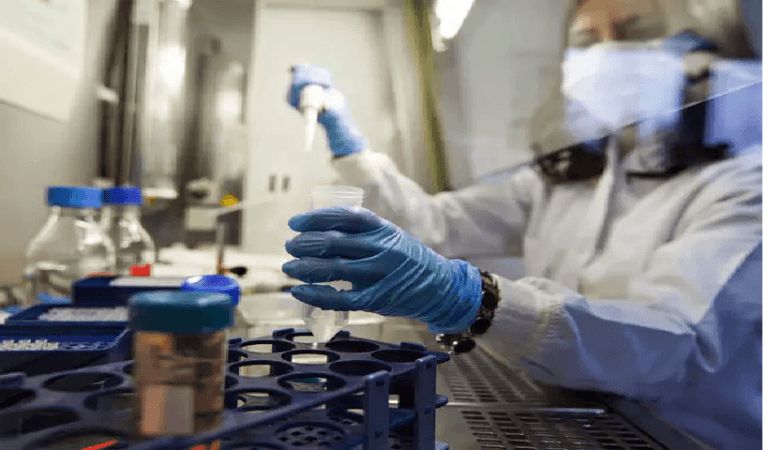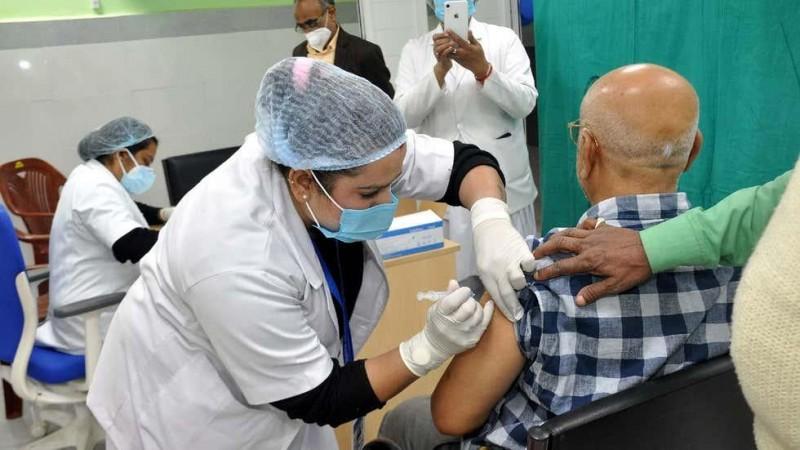Over the past few days, it has been reported that several centres throughout India are facing a shortage of Covaxin, the vaccine against COVID-19 manufactured by the Hyderabad-based Bharat Biotech. As the vaccine flies off the shelves, a new survey has found that 33 percent of Indians prefer Covaxin over Covidshield.
According to the latest survey by LocalCircles, 25 percent of the respondents chose Covidshield, which is produced by the Pune-based Serum Institute of India. The poll by the community social media platform also found that vaccine hesitancy among Indians has plummeted to 23 percent. Despite having a preferential edge over its counterpart, Covaxin has faced its own share of snags and successes. So let us take a closer look at the vaccine's journey.
A Home-grown Vaccine

As countries across the globe scurry to inoculate their citizens against COVID-19, India has mounted the world's largest vaccination drive. Immunizing a population of 1.3 billion is no easy task, and two indigenous vaccines—Covaxin and Covidshield—have presented themselves as ideal candidates to accomplish the gargantuan undertaking.
Covaxin is an inactivated vaccine or the chemically treated SARS-CoV-2 coronavirus present in it is incapable of reproduction and bereft of its pathological properties. It is the outcome of the collaboration between Bharat Biotech, the National Institute of Virology (NIV), Pune, and the Indian Council of Medical Research (ICMR).
The two-dose vaccine must be administered 28 days apart. Unlike other COVID-19 vaccines such as the one produced by Pfizer, which requires a storage temperature of -70 degree C, Covaxin can be stored between 2-8 degree C. This makes its storage easier and feasible.
Trials and Approval
Following the demonstration of effective immune response and protective abilities in animal studies, Covaxin received the approval of the Drugs Controller General of India (DCGI) for Phase I and II Human Clinical Trials in July 2020. The vaccine was found to have strong neutralizing and binding antibody responses in the Phase I study involving 375 subjects. Only 15 percent of the participants reported side effects.

In the Phase II study carried out among 380 participants between the ages of 12-65 across nine Indian states, the vaccine was found to have a superior neutralizing action than in the Phase I study. The trial also found that there were no significant differences in the neutralizing capacity of the vaccine between different sexes and ages.
Criticism Over Authorization
As pandemic-hit 2020 made way for a hopeful 2021, the DCGI approved the emergency use of both the homegrown vaccines in January. Healthcare and frontline workers were the first to receive them as the mass vaccination drive began on 16th January. However, the lack of sufficient data about Covaxin led to initial reluctance among certain sections of potential recipients.

For example, resident doctors at Delhi's Ram Manohar Lohia (RML) Hospital requested to be immunized with Covishield instead of Covaxin. "We are not of the view that one vaccine is superior than the another, but in the absence of Covaxin's data, we should be given Covishield," Dr. Nirmalaya Mohapatra, Vice-President of the hospital's Resident Doctors Association told IANS.
The lack of data from the much necessary Phase III trials and sudden approval drew criticism from several quarters such as health experts, lawmakers, and advocacy groups. "We are perplexed at the abrupt change in thinking of the SEC from the first two meetings to the third day on which the approval was recommended while apparently discounting the need for efficacy data as the condition of the approval," said the All India Drug Action Network.
Vaccination Hesitancy
One of the primary obstacles that were expected to mar the mass inoculation drive post the approval of the two indigenous vaccines was vaccination hesitancy. According to an earlier survey by LocalCircles in January 2021, 69 percent of Indians expressed apprehension over receiving vaccination.

As a part of the survey, parents were asked, "If the Covid-19 vaccine is made available for school children, would you consider giving it to your child or grandchild?"
Only 26 percent were open to vaccinating their children if the jabs were available before the commencement of the academic year or by 1st April 2021. It is important to note that Covaxin had already been approved for administration to children above the age of 12 at the time. Thus, the results of the latest survey appear to be a sharp yet positive contrast to the previous one.
Phase III results and Third Dose Approval
Bharat Biotech reported in March 2021 that Covaxin was found to have an interim vaccine efficacy of 81 percent in Phase III trials which comprised 25,800 subjects. Deriving from 43 cases—7 cases in the vaccine group and 36 cases in the placebo group—the first interim vaccine efficacy of 80.6 percent was announced. This is higher than that of Covishield that stands at 55.1 percent after the administration of the second dose less than 6 weeks after the first.
"Covaxin demonstrates high clinical efficacy trend against COVID-19 but also significant immunogenicity against the rapidly emerging variants," said Dr. Krishna Ella, Chairman and Managing Director, Bharat Biotech, in a statement. The company now plans to conduct another additional interim analysis for 87 cases, and a final analysis for 130 cases.
Earlier this month, the Subject Expert Committee (SEC) approved trials for the third dose of Covaxin for participants who have already received the second dose of the vaccine. This approval is the result of the vaccine manufacturer's proposal to offer a booster dose for those who have already received two doses.
According to the recommendations of the SEC, the third dose must be provided six months after the participants have received their second dose.
community social media platform















